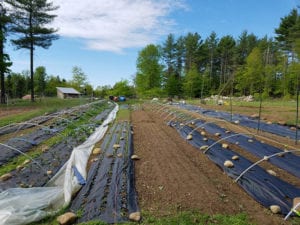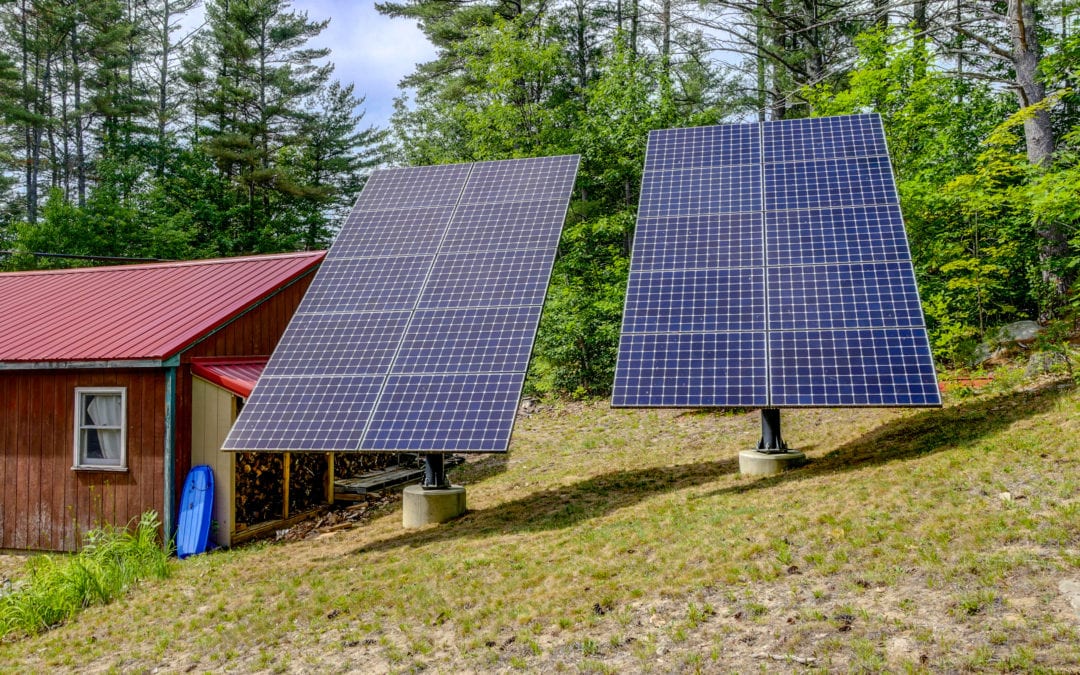 New Hampshire, with its vast undeveloped acreage, offers a chance to homestead and live off the grid. Whether you’re looking to live a slower-paced lifestyle, be more environmentally aware, or reduce your reliance on utility companies and corporate America, homesteading might fit your needs. Here are some things to consider about homesteading:
New Hampshire, with its vast undeveloped acreage, offers a chance to homestead and live off the grid. Whether you’re looking to live a slower-paced lifestyle, be more environmentally aware, or reduce your reliance on utility companies and corporate America, homesteading might fit your needs. Here are some things to consider about homesteading:
Location
Perhaps the most important consideration is where you want to live. Do you need to be close to a city for work? What about proximity to schools, hospitals, shopping? Do you want a town in which you can have a dozen chickens and a garden without violating town codes and ordinances? You may want a south-facing hillside for solar panels and a stream on your property.
Heat, Power & Internet
Many homesteaders want to heat with firewood. If this is your plan, you’ll have to find a firewood source and determine the costs for that. It is even better to have enough forested acreage to provide an inexhaustible source of wood. If you are hoping for a heat pump, how will that affect your budget?
If solar panels are your thing, you’ll want to consider the costs for installation and maintenance. If you are working remotely or need internet access, you’ll want to be in an area where you can get access through the cable or phone company, or utilize a satellite provider.
Water & Food Sources

Gardening at Bardo Farm in the Upper Valley
Most rural homes in New Hampshire rely on drilled or dug wells as the water source. While this may seem ideal, it is important to note that there are costs associated with well pumps and any filtration that might be required to remove possible lead, arsenic, radon, bacteria or heavy minerals from the water.
Many homesteaders enjoy growing their own food. It can be as simple (and as cheap) as getting some seed packets and starting a vegetable garden. Perhaps you’d like to raise chickens, cows or other livestock. You’ll want to make sure you have a proper shelter for whatever animals you’d like to have and that local zoning ordinances allow these animals.
Septic System
There is a statewide requirement to have an approved septic design for residential uses. You’ll want to make sure your plot of land has soil suitable for a septic system. Some seasonal cottages get around this restriction by using a composting or incinerating toilet.
Porcupine Real Estate has helped several movers find a property to homestead and live (mostly) off the grid. If you have questions about homesteading or want help selecting the best towns for your needs, contact us.


For our friends from the mid-west who might be interested in ground-source heat pumps . . . take note that we have rocks, LOTS of rocks, which drives up the cost of digging here. Air-source heat pumps may not be as energy efficient, but can be significantly cheaper to install.
Please send homes for sale that offer off grid living
Very interested in the state program for off the grid living up in North Country.
More information would greatly appreciated.
Please send me more information . Thanks… Curt Denning
We’re very interested in off grid living.
I am very interested in owning a homestead I do have some specific requirements, but I’d love to see what you have as far as information to start. This is a dream in the making and I understand will cost a significant amount of money to begin with. Thank you.
Was looking to get some info on partial/off grid living in New Hampshire.